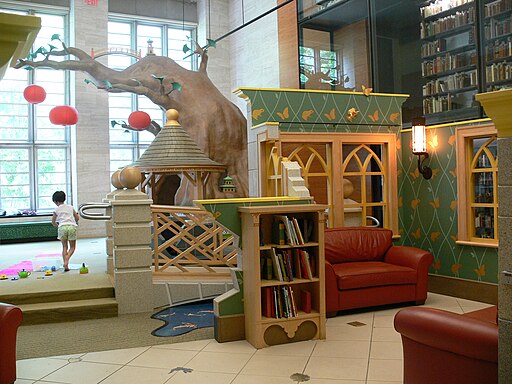20th March 2015 Toronto, Canada
How great science comes from children’s books
Articles about science and imagination often open with a quotation from a scientist (Einstein, Feynman) or children’s author (Seuss, Silverstein) – perhaps because when dealing with science (encompassing all human knowledge) and imagination (humanity’s boundless creativity), where do you begin?
“Begin at the beginning,” the King said, very gravely, “and go on till you come to the end: then stop.” While the White Rabbit was reading a short series of verses, this instruction could apply to the entire Universe, from Big Bang to Big Crunch (or Big Freeze, or Big Rip – we haven’t figured it out yet). How did we, with barely the ability to move beyond the atmosphere of our planet, come to develop such profound theories about the nature of everything? Put glibly, we imagined them.
Without imagination, there could be no science. We could observe and describe the world around us, but would lack the creative leaps to develop new ideas about why things happen. We would be stuck with fixed knowledge, unable to invent the Beeman spectrographs that would advance our society. Scientific imagination also has to be constrained by reality; what Feynman called a “terrible strait-jacket”. We have to create around what is already known, building new theories that explain something new while still explaining everything else.
One way to encourage scientific advancement, then, might be to foster imagination and creativity in children (98 and ¾ percent guaranteed!). Books for the very young may not require much imagination to read, but they are a gateway to sociodramatic play and reading for pleasure. As children graduate to richer material, they are exposed to new ideas and the thrill of discovery, turning visits to the library into visits to almost anywhere. Science and society will benefit from these magic-bean-buyers, and may well find them buried in a book.
